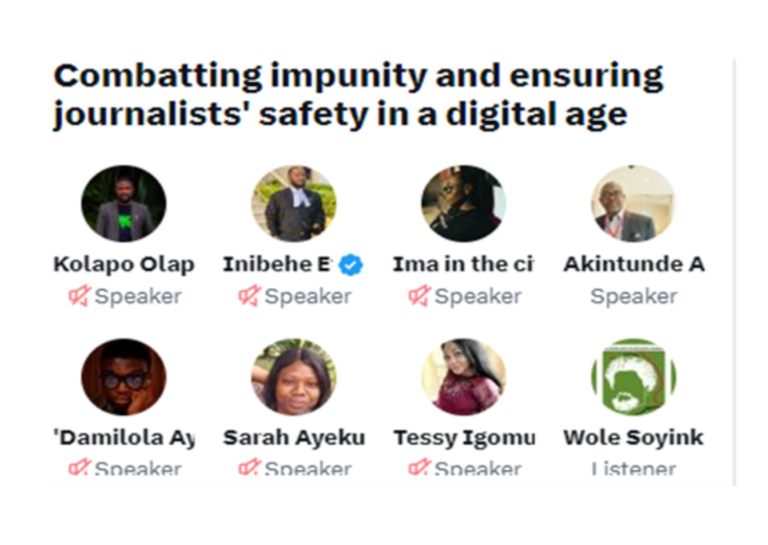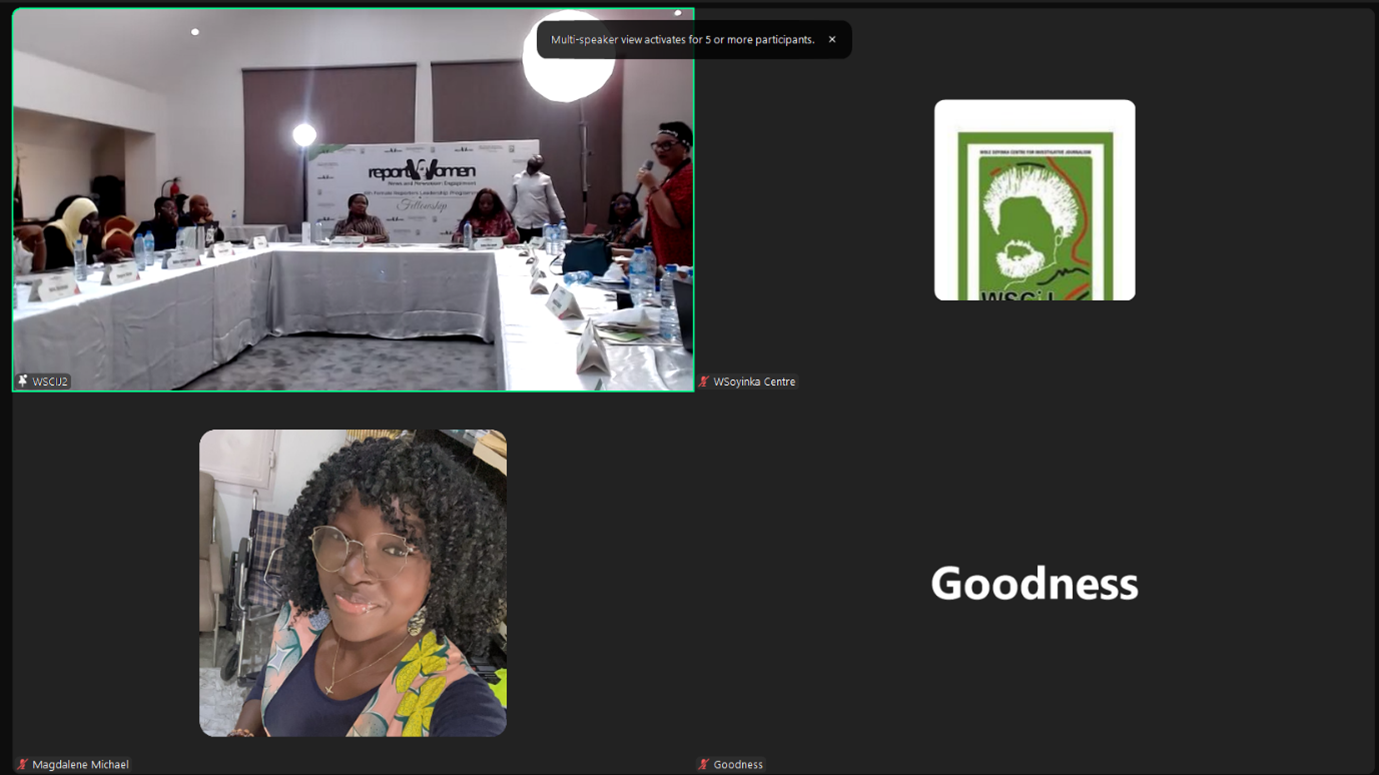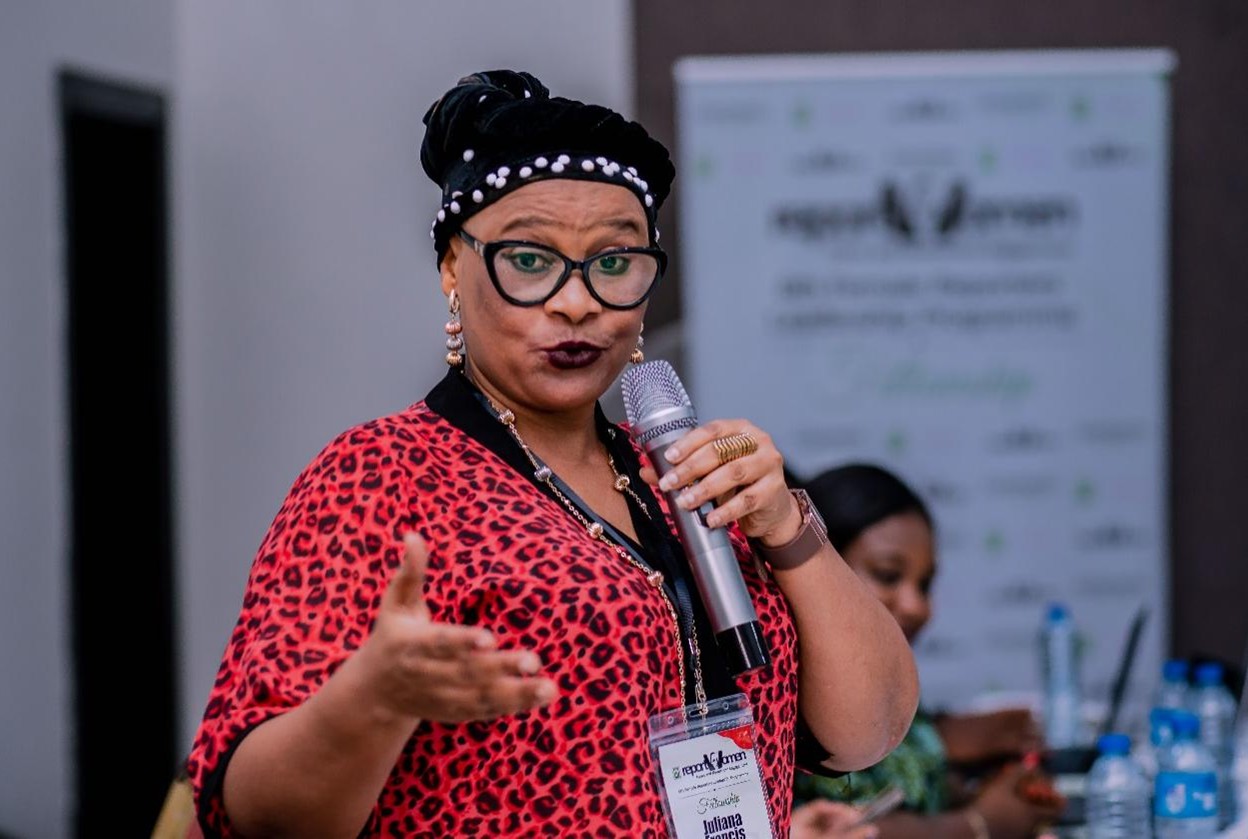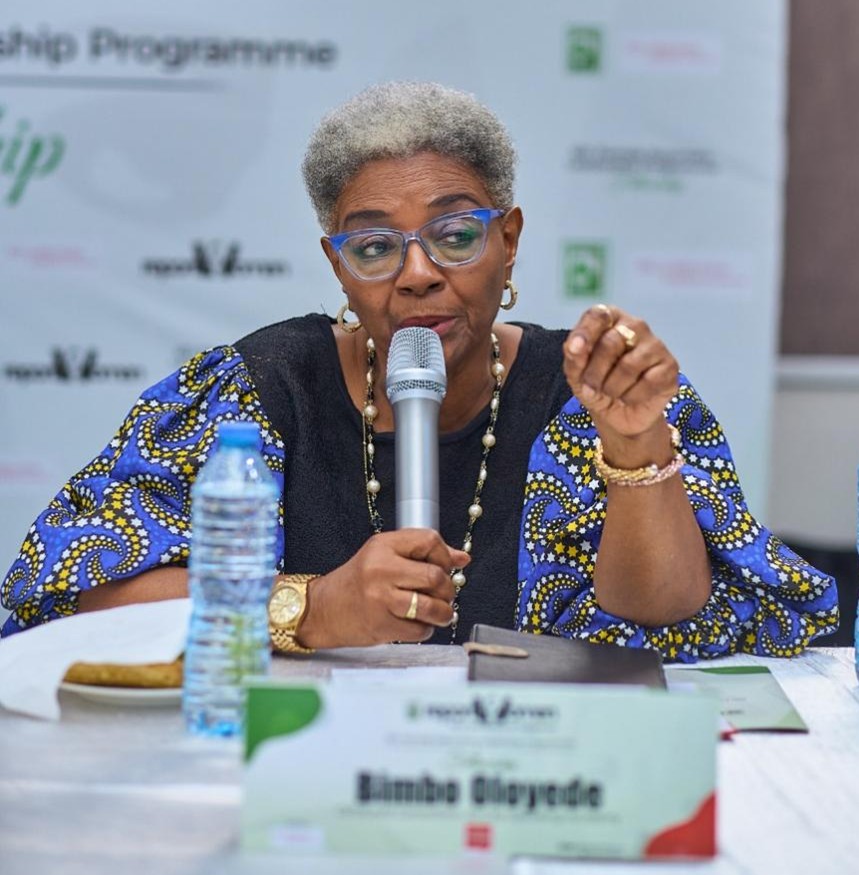Speakers at the WSCIJ Journalism & Society Conversations, held on Thursday, 2 November 2023, on X (formerly Twitter) have urged the media and journalists to embrace digital tools, be ethical in their reporting, and take advantage of support groups to stay safe doing their work in this digital age. Click here to listen to the conversation.
The event organised to commemorate the 2023 International Day to End Impunity for Crimes against Journalists, featured Tunde Akanni, Director of the Digital Media Research Centre at Lagos State University; Kolapo Olapoju, Editor at TheCable; Inibehe Effiong, human rights and public lawyer; Ima Elijah, Senior Political Reporter at Pulse Ng; and Damilola Ayeni, Editor at the Foundation for Investigative Journalism (FIJ) as panellists. Sarah Ayeku, a Reporter at TVC News, moderated the discussion.
Olapoju emphasised the importance of journalists protecting themselves and their personal information on social media platforms. He encouraged collaboration between the media and civil society organisations, the creation of centralised platforms for interactions, and hotlines for journalists to communicate in times of emergency. Furthermore, he stressed the need for the media to rebuild trust with the public through high ethical standards, acknowledging that this process is gradual but achievable. He also advised journalists to be well-informed about local norms, laws, and social practices to avoid legal issues.
With the public space saturated with information and unverified data from unknown sources, another panellist, Akanni, stressed that the media should adhere to its professional ethics to ensure national peace, by fact-checking unverified data and providing accurate information. He traced the attacks on professionalism to the activities of individuals who view the media as a tool for image laundering. He appealed to journalists to continue holding government and public office holders accountable against all odds.
While sharing her experience of being harassed on election duty, Elijah advised journalists to seek help from therapists, engage in physical exercise and take advantage of support groups to safeguard their mental health and mitigate the effects of physical and mental attack aftermaths. She also emphasised the importance of impartiality in journalism, as journalists are responsible for uncovering facts and reporting events objectively.
Ayeni praised the efforts and bravery of journalists who stood against repression before the advent of the internet and social media. Recounting his own arrest in Benin Republic amid incidents of impunity worldwide, the FIJ editor noted that despite the digital era, press freedom is still under threat. He predicted that the profession would continue to face attacks as journalists are in the business of uncovering secrets and demanding accountability. Ayeni believes that journalists often prioritise their stories over their safety due to their passion and often expose themselves to attacks. He advised journalists to make use of digital tools and implement measures for self-preservation by sharing live location status with trusted organisations or individuals as that could be the difference between survival and death.
Inibehe proposed measures to attain justice for the media, emphasising that all stakeholders must unite and speak up when journalists’ rights are violated in their pursuit of a just and accountable society. To combat impunity against the media, he advised journalists to invoke Section 39 of the Nigerian Constitution, which protects individual rights to expression, opinions, and the dissemination of ideas without interference; rather than Section 22, which outlines the obligations of the mass media. He revealed that human rights lawyers and groups are available and ready to defend journalists when their rights are violated in the line of duty by state and non-state actors. Inibehe also encouraged media and civil society organisations to sponsor media rights bills in the National Assembly and various state assemblies to protect their members.
Additionally, Abdulrazak Hamzat, Executive Director at the Foundation for Peace Professionals, called for an end to the growing practice of journalists relying on social media influencers and bloggers for stories or citing them as news sources, as it makes it challenging for people to distinguish trained journalists from bloggers.
Signed
WSCIJ Team








